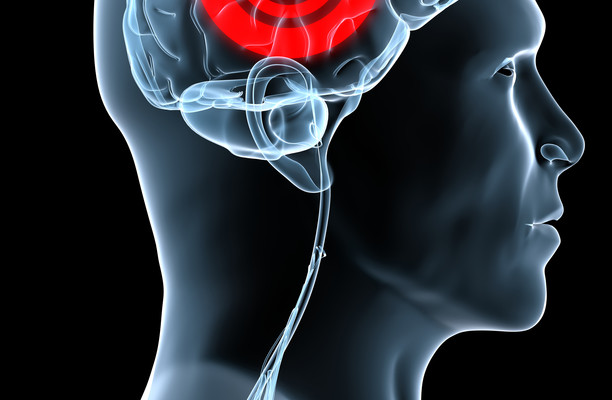
Brain Inflammation and Autism
The groundbreaking article titled “Neuroglial activation and neuroinflammation in the brain of patients with autism” from John Hopkins University in 2005 paved the way for greater understanding and recognition within the medical community that many individuals on the autism-spectrum are dealing with brain inflammation as a causative or contributing factor to their disorder. Here is what the John Hopkins research team found:
• Examined tissue from 3 different regions of the brain in 11 deceased individuals with autism – ages 5 to 44 (who died of accidents or injuries)
• Measured cytokine & chemokine from cerebrospinal fluid in 6 living individuals with autism – ages 5 to 12
Findings:
Active neuroinflammatory process in the cerebral cortex, white matter, and notably in cerebellum of autistic patients.
* Marked activation of microglia and astroglia.
* Macrophage chemoattractant protein 1 (MCP-1) and tumor growth factor-beta1, derived from neuroglia, were the most prevalent cytokines in brain tissues.
* CSF showed a unique proinflammatory profile of cytokines, including a marked increase in MCP-1.
Study Conclusions:
Our findings indicate that innate neuroimmune reactions play a pathogenic role in an undefined proportion of autistic patients, suggesting that future therapies might involve modifying neuroglial responses in the brain.
*Neuroglial activation and neuroinflammation in the brain of patients with autism. Vargas, et. al; Ann Neurol. 2005 Feb;57(2):304
Much success has been achieved for treating brain inflammation in autism particularly through therapies like hyperbaric oxytocin (HBOT), Actos, Spironolactone and Steroids. Other natural therapies like Tumeric have been helpful too. Over the years I have seen kids respond positively to Ibuprofen as well, and now with the organization called Stop Calling It Autism – www.stopcallingitautism.org – this therapy is becoming more well known.

